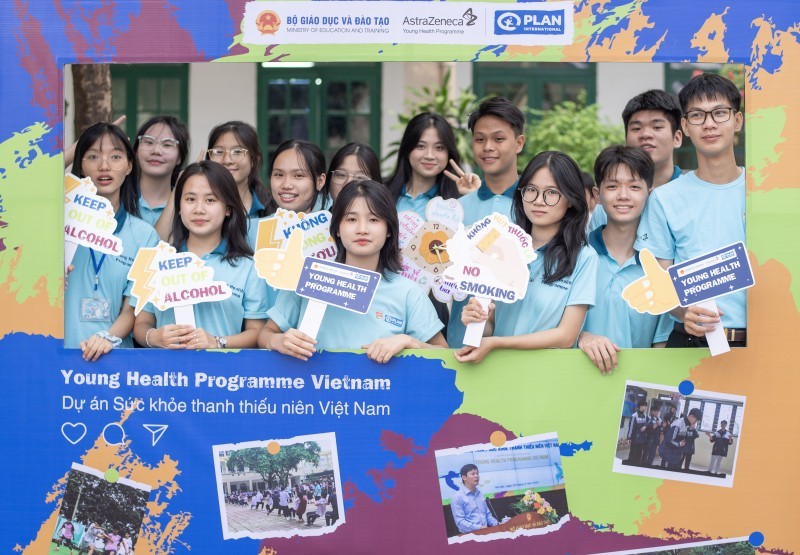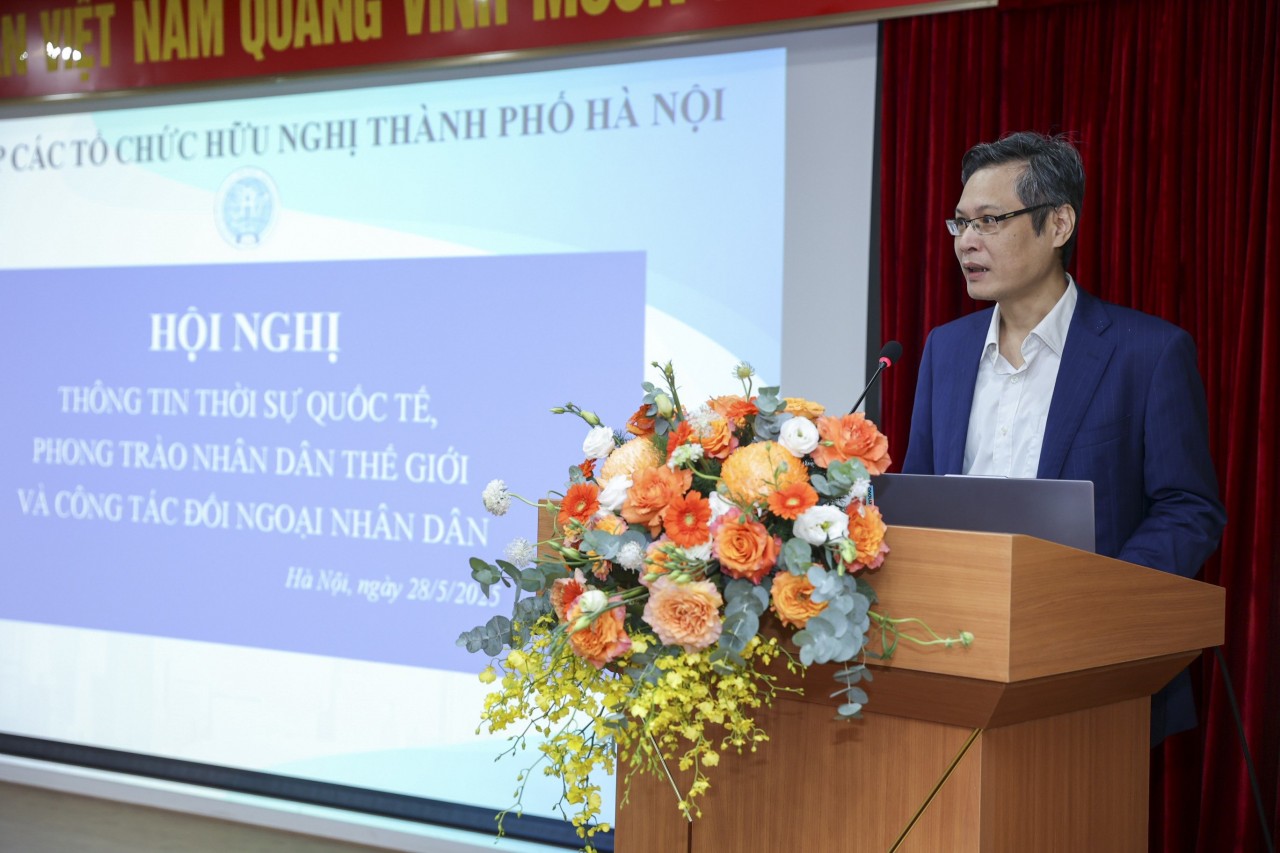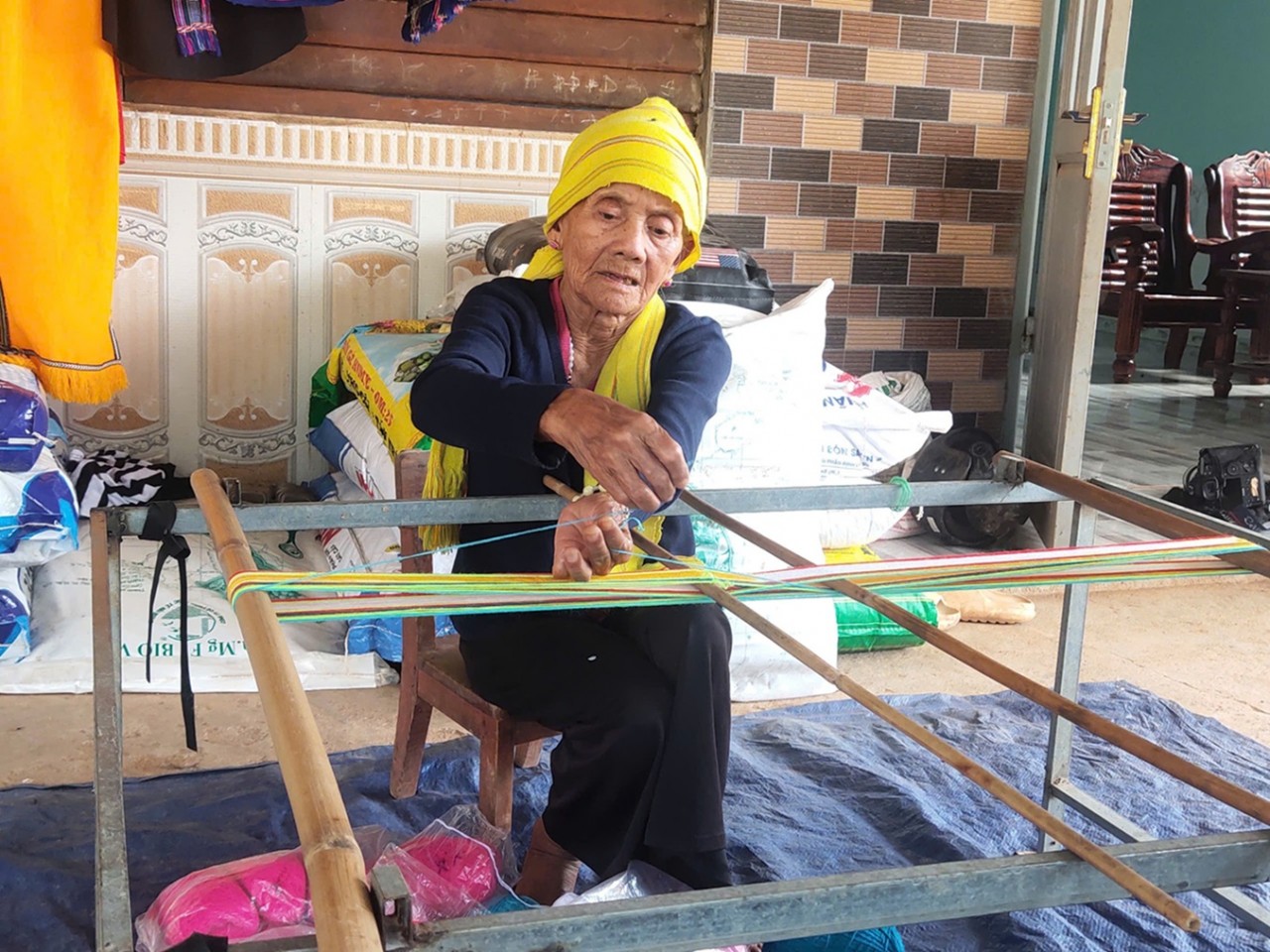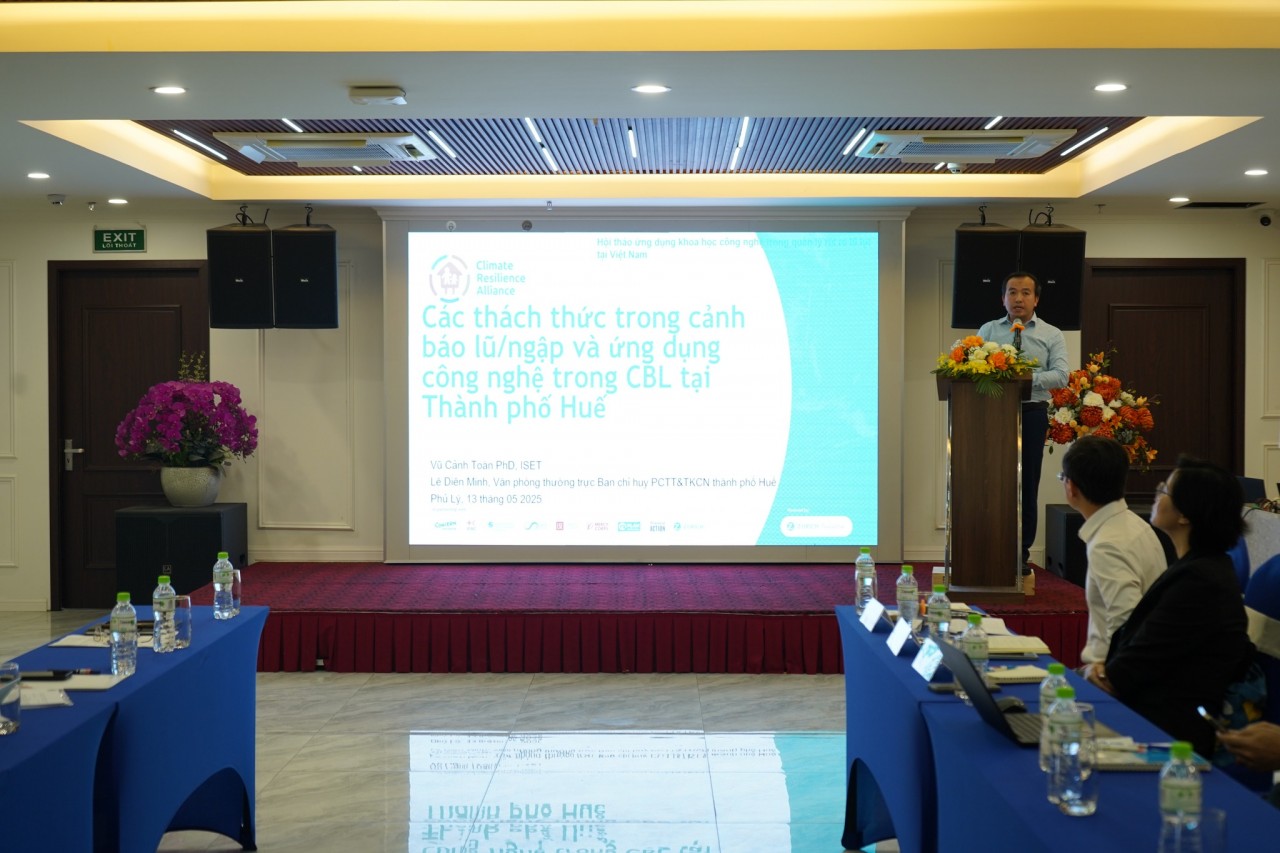29 Schools Participate in Non-Communicable Disease Prevention Communication Day
| Thai Princess Helps Improve Schoolchildren's lives in Remote Areas of Vietnam | |
| Zhi Shan Foundation Promotes Reading Culture in Nghe An’s Schools |
The Ministry of Education and Training (MOET), Plan International Vietnam and AstraZeneca Vietnam, hosted a "Non-Communicable Disease Prevention Awareness Day", a key initiative under Phase 2 of the Young Health Programme (YHP).
Phase 2 of the YHP, which launched in September 2023, aims to expand its reach by engaging more youth from underserved areas, enhancing education on NCD risk factors, and empowering young advocates to take active roles in managing their own health.
The September 25 event took place at Lien Ha High School in Dong Anh district of Hanoi, with participation from Nguyen Nho Huy, deputy director of MOET’s Department of Physical Education; Atul Tandon, general director of AstraZeneca Vietnam, and representatives from Plan International Vietnam along with the school’s board, teachers, students, and parents.
 |
| Evidence shows that unhealthy behaviors associated with NCDs - including unhealthy diet, tobacco use and exposure, physical inactivity, and harmful use of alcohol - are often initiated during childhood and adolescence. Photo: Plan International Vietnam |
The event aimed to raise awareness about NCD prevention, promote healthy lifestyle choices, and strengthen collaboration between schools, students, and their families.
| VNA citied hospital reports indicating that 65-75% of inpatients suffer from non-communicable diseases, with oncology, respiratory and cardiovascular departments particularly burdened. Mental health is also a significant challenge. Non-communicable diseases are estimated to account for about 77% of all deaths in Vietnam annually, mainly due to cardiovascular diseases, cancer, diabetes and chronic obstructive pulmonary disease. |
During the event, participants engaged in various interactive activities designed to educate students about the importance of preventive health measures, including physical activity and a balanced diet. As part of the initiative, through Plan International Vietnam, AstraZeneca also sponsored the construction of a basketball court, encouraging students to adopt active lifestyles as a key part of preventing NCDs.
The first phase of the Young Health Programme, implemented from January 2019 to June 2022 in Hanoi, was designed to improve the physical and mental health of youth by increasing awareness of risk behaviors that contribute to NCDs. The program specifically targeted underserved areas and empowered young people to make healthier decisions about their well-being.
As the results, 49,365 youth were directly educated about NCDs through activities in schools, universities, and industrial zones. More than 3 million people were indirectly reached with knowledge on NCD prevention and 538 peer educators were trained to lead health advocacy efforts in their communities. Moreover, numerous training sessions were held for school health staff, teachers, and young people, aimed at enhancing their ability to address NCD risks.
These achievements reflect the programme’s significant role in building awareness and promoting youth-led advocacy in underserved communities.
The second phase of the Young Health Programme (2023-2025) aims to build on the success of the first phase by expanding its reach and deepening its impact. The goals include reaching more youth, particularly in underserved areas, to empower them with knowledge about NCD prevention and healthy decision-making; collaborating with MOET to advocate for health policy changes that integrate youth health education into school curriculums; and strengthening youth-led advocacy for NCD prevention, including contributions to Vietnam's National Strategy on NCD Prevention (2025-2035).
 |
| The ribbon-cutting ceremony for the basketball court was sponsored by AstraZeneca through Plan International Vietnam, as part of the initiative. Photo: VCCI News |
Nguyen Nho Huy, deputy director of MOET’s Department of Physical Education, recognizes the immense value of initiatives like the Young Health Programme, which aligns with the national strategy to ensure the health and well-being of Vietnamese youth. As non-communicable diseases pose a growing challenge, they must equip students with the knowledge and tools to prevent these diseases from a young age
“This program’s integration into our schools fosters an environment that not only promotes physical health but also empowers students to be advocates for healthier communities. We look forward to continued collaboration with AstraZeneca and Plan International to ensure this program reaches its full potential,” said Huy.
 | Vietnamese President Hails Contributions of Cardiology Personnel Vietnam's President Vo Van Thuong praised the contributions and dedication of cardiac professors, doctors, and specialists who in their silent efforts. |
 | More Opportunities for Viet Doctors to Cooperate with US University in Liver Diseases Phan Anh Son, President of the Viet Nam Union of Friendship Associations and a delegation from Johns Hopkins University, School of Medicine (USA) had a ... |
Recommended
 Viet's Home
Viet's Home
Vietnam’s People's Public Security Force Actively Contributes to UN Peacekeeping Operations
 Viet's Home
Viet's Home
HAUFO Enhances Competence of People-to-People Diplomacy Personnel
 Viet's Home
Viet's Home
Hands that Reserve Da Long Brocade Craft
 Viet's Home
Viet's Home
Da Rsal – How Digital Transformation Reshape a Poor Commune
Popular article
 Viet's Home
Viet's Home
Vietnam Classified as “Low Risk” Under the EU Anti-Deforestation Regulation
 Viet's Home
Viet's Home
Vietnamese Architect Wins the Diversity in Architecture Award 2025
 Viet's Home
Viet's Home
Vietnamese Photographer Triumph in Global Food Photography Contest
 Viet's Home
Viet's Home







